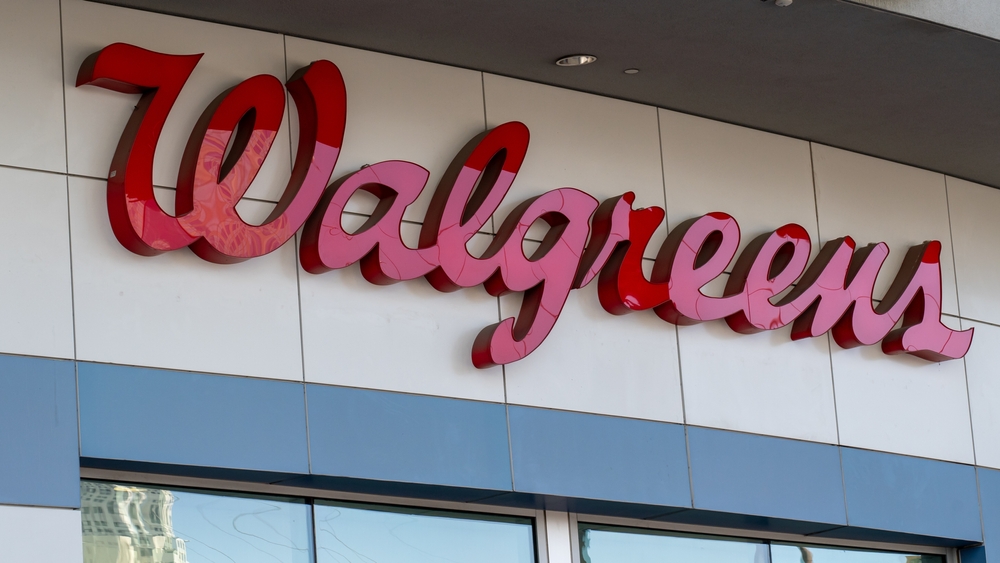Deal Marks End of Walgreens as Public Company
Shareholders of Walgreens Boots Alliance have approved a $10 billion acquisition offer from private equity firm Sycamore Partners, marking a major turning point for the 123-year-old drugstore chain. Under the terms of the agreement, Walgreens shareholders will receive $11.45 per share, with the potential for an additional $3 per share tied to the future monetization of the company’s stake in VillageMD.
The deal, originally announced in March, will take Walgreens private for the first time since 1927. CEO Tim Wentworth said the partnership with Sycamore will allow the company to implement its turnaround strategy more effectively without the pressure of short-term public market expectations.
Challenging Environment for Pharmacy Chains
The acquisition comes at a difficult time for national pharmacy chains. Walgreens, CVS, and Rite Aid have all been forced to shutter hundreds of locations in recent years due to shifting consumer behavior, declining pharmacy reimbursements, and rising operational costs. Rite Aid filed for bankruptcy protection in May, the second time it has done so in two years.
Walgreens has already closed about 1,000 stores since its expansion following the acquisition of some Rite Aid locations in 2018. In a plan announced last fall, the company said it would close 1,200 of its approximately 8,500 U.S. stores by 2027. The closures are part of broader efforts to streamline operations and address persistent financial pressures.
Strategic Pivot and Future Outlook
The transition to private ownership is expected to give Walgreens greater operational flexibility as it seeks to recover from a significant stock decline. Shares, now trading around $11.50, have plummeted from highs above $30 just two years ago. The company aims to reinvest in more profitable segments and optimize its retail footprint while reducing exposure to unprofitable locations.
Sycamore Partners, known for acquiring retail and consumer-facing companies, is expected to support Walgreens in repositioning its business. Analysts note that going private could help Walgreens make bolder strategic decisions, including restructuring underperforming divisions and enhancing healthcare offerings without the burden of quarterly earnings pressure.
VillageMD and Shareholder Incentives
As part of the deal, shareholders may receive an additional payout of up to $3 per share based on the monetization of Walgreens’ holdings in VillageMD, a primary care clinic network in which the company has heavily invested. The move aligns with Walgreens’ broader strategy to expand into healthcare services and diversify revenue streams beyond retail pharmacy sales.
VillageMD has been a cornerstone of Walgreens’ long-term strategy, aimed at transforming the company from a traditional drugstore chain into a comprehensive healthcare provider. However, integrating and scaling these operations has proven challenging amid macroeconomic headwinds and evolving healthcare models.
With the approval of the Sycamore acquisition, Walgreens enters a new phase as a private company focused on restructuring and growth. Amid rising costs and shifting consumer habits, the deal provides a platform for the 123-year-old brand to pursue transformation with greater agility. The outcome of this pivot will be closely watched across the retail pharmacy and healthcare sectors.


